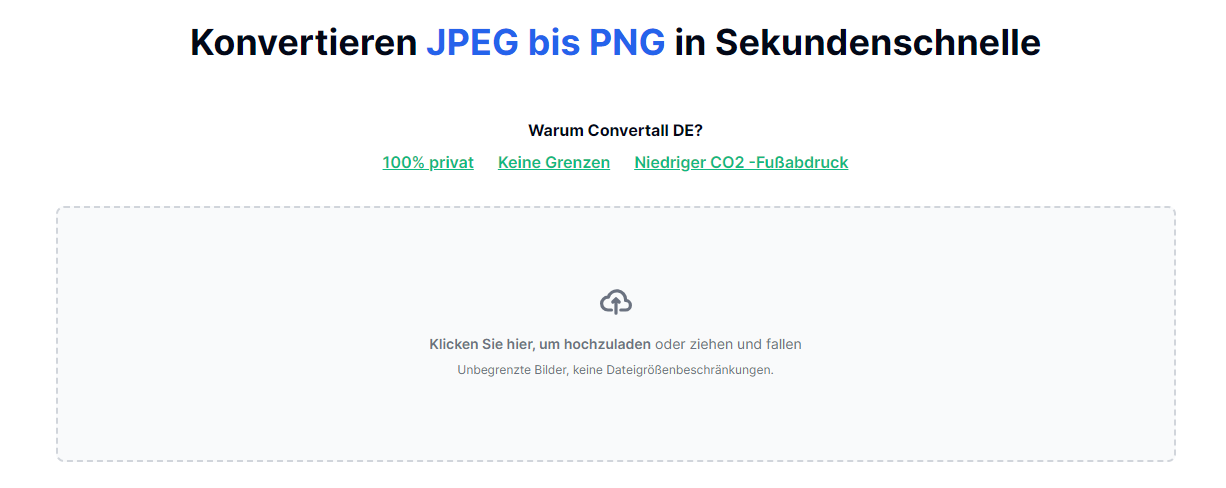The landscape of studentenunterkünfte (student accommodation) has undergone significant transformation in recent years, driven by evolving trends and shifting priorities in higher education. As the world navigates unprecedented challenges, including the COVID-19 pandemic and the rise of remote learning, student accommodation providers are faced with the task of adapting to new norms to meet the changing needs and expectations of students.
One of the most notable shifts in student accommodation is the increasing demand for flexible living arrangements. With the widespread adoption of online learning and hybrid academic models, students are seeking accommodation options that offer greater flexibility in terms of lease agreements and amenities. Short-term leases, furnished apartments, and co-living spaces are gaining popularity among students who value adaptability and convenience in their housing choices.
Moreover, health and safety considerations have become paramount in the wake of the COVID-19 pandemic. Student accommodation providers are implementing stringent cleaning protocols, enhanced ventilation systems, and contactless check-in procedures to ensure the well-being of residents. Common areas are being reimagined to promote social distancing and minimize the risk of transmission, with a greater emphasis on outdoor spaces and virtual community-building initiatives.
Additionally, the demand for technology-enabled living experiences is on the rise. Students expect seamless access to high-speed internet, smart home features, and digital amenities that enhance convenience and connectivity. Student Accommodation In Berlin are incorporating technology-driven solutions such as mobile apps for maintenance requests, virtual tours for remote leasing, and online platforms for community engagement to meet the evolving needs of tech-savvy students.
Furthermore, sustainability and environmental consciousness are becoming increasingly important considerations for student accommodation providers and residents alike. Eco-friendly building materials, energy-efficient appliances, and recycling initiatives are being implemented to reduce carbon footprints and promote sustainable living practices. Students are seeking accommodation options that align with their values and prioritize environmental stewardship.
In addition to physical amenities, student accommodation providers are recognizing the importance of fostering a sense of community and belonging among residents. Social events, wellness programs, and peer support networks are being organized to promote social connections and mental well-being. Collaborative spaces that facilitate collaboration and creativity are being integrated into studentenunterkünfte to encourage interaction and engagement among residents.
In conclusion, student accommodation is undergoing a period of transformation as it adapts to new norms and changing expectations in higher education. From flexible living arrangements and enhanced health and safety measures to technology-enabled experiences and sustainable practices, studentenunterkünfte are evolving to meet the diverse needs of today’s students. By embracing innovation, prioritizing well-being, and fostering community, student accommodation providers can create inclusive and supportive living environments that empower students to thrive academically, socially, and personally.








